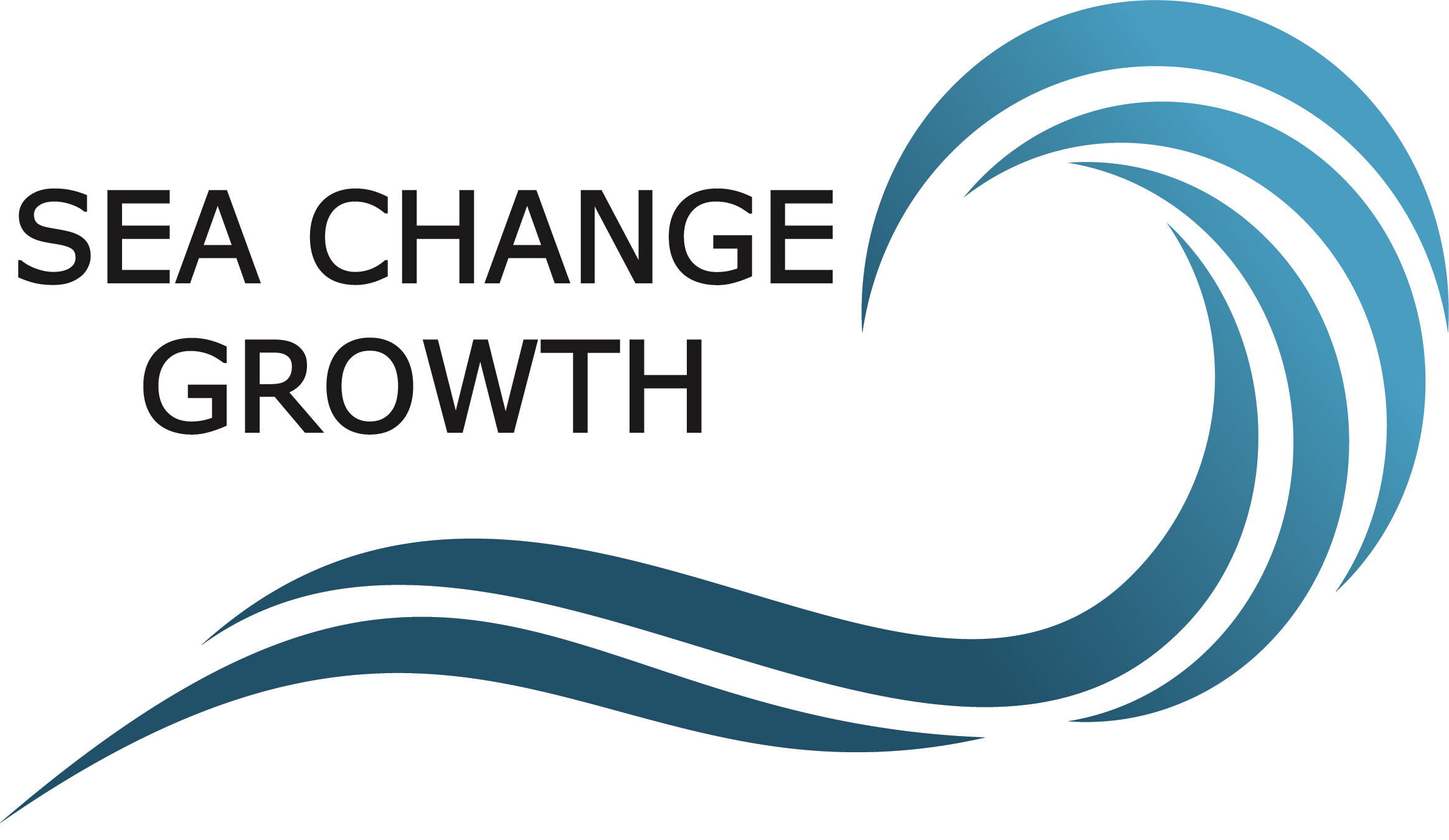
How does executive coaching work?
Sea Change ICF certified executive coaches serve as a sounding board within a safe space. Our executive coaches help you define your vision and goals and serve as a partner to achieving those goals. The Sea Change coaching methodology leverages strengths and minimizes blind spots to overcome challenges. Our coaches inspire and challenge each client to achieve measurable success by viewing obstacles as opportunities to learn and grow. Sea Change executive coaches can help you achieve more success than you might do alone.
Executive coaching sessions are usually 45-60 minutes in duration with a cadence of bi-weekly or monthly. Coaching engagements often begin with an assessment. Sea Change provides emotional intelligence assessments (EQ-i 2.0 or EQ360), to identify strengths and aid in goal setting. We can also use or interpret other types of assessments and part of a coaching engagement.
Key Components of Executive Coaching
The goals for an executive coaching engagement are driven by the client. Sample components of an executive coaching journey could include:
- Emotional and Cultural Intelligence (EQ-i): Coaches create a safe space where clients can reflect openly and honestly. An emotional intelligence assessment (EQ-i 2.0) can provide a starting point for a leadership coaching journey.
- Decision Making and Prioritization: Coaches help map the structure, accountability and support necessary to reach goals and ensure sustained commitment.
- Bias and Diversity in the workplace: Recognizing bias and the importance of diversity are important aspects of leadership development.
- Imposter Syndrome: Coaches help to identify triggers of self-doubt, often referred to as “Imposter Syndrome,” and methods to build confidence.
- Stress Management: Identifying triggers and methods to manage stress enhances a leader’s ability to thrive in the face of adversity.
- Work-life Balance: Coaches assist with finding career success without sacrificing well being.
- Sounding Board: A coach provides a safe environment for thinking through challenges in a manner that builds confidence and conviction.
Getting started with executive coaching
To explore executive coaching, contact us to discuss your goals and if appropriate, the challenges you are facing. We would then discuss potential coaches for you to work with and arrange a complementary discovery meeting.
Team Coaching Workshops
Sea Change Growth offers team coaching workshops designed to create high-performing teams and solve business issues. By identifying and working through common team dysfunctions that limit goal achievement, team effectiveness dramatically improves. Team coaching begins with an overview of emotional intelligence principles, high-performing team fundamentals and ground-rules. The team works through business issues and challenges with the support of an experienced business and executive team coach. Team coaching focuses on improving team dynamics, goal setting and attainment, and organizational impact. Group coaching is used on its own, with executive coaching, and as a supplement to The Emotionally Intelligent Leadership Series.
